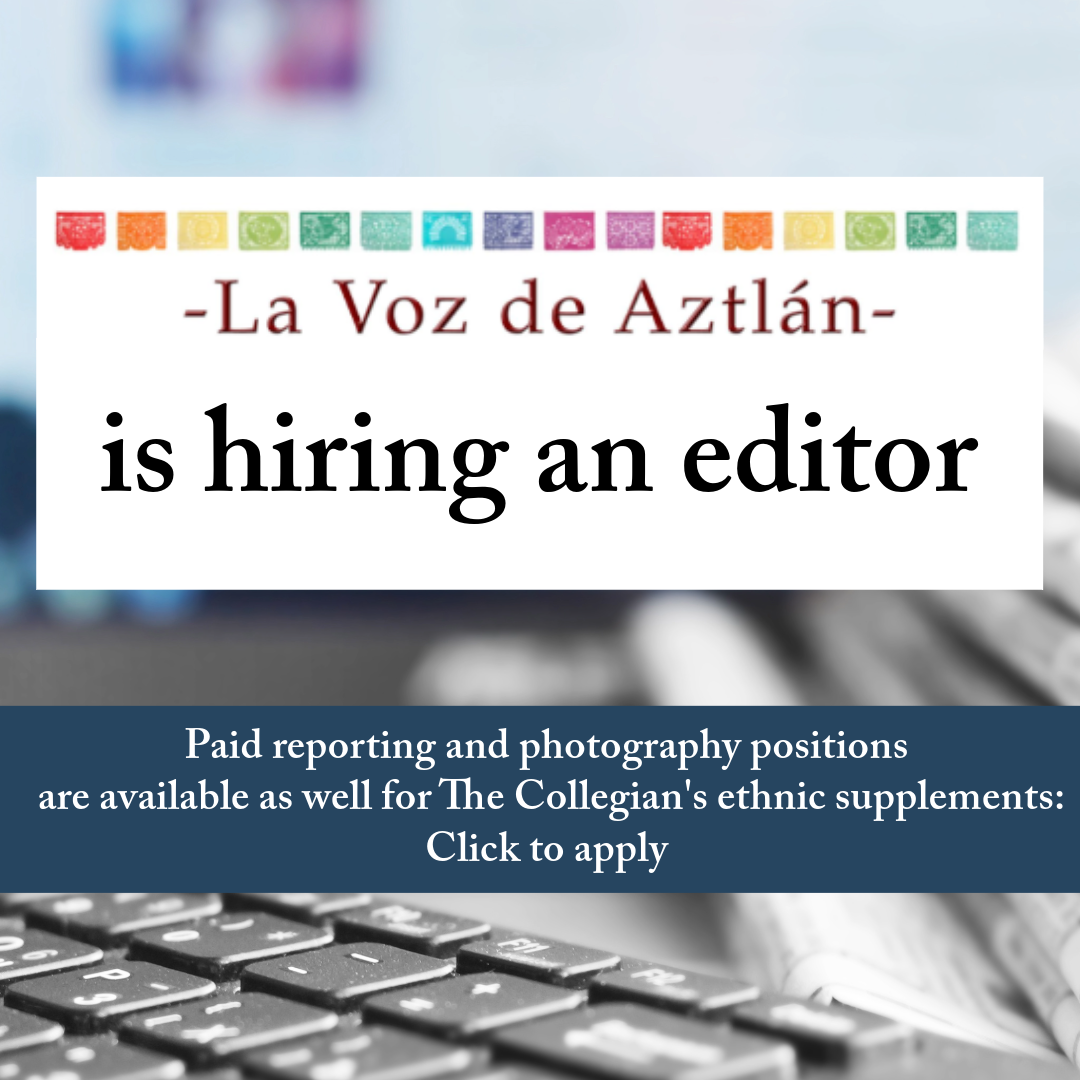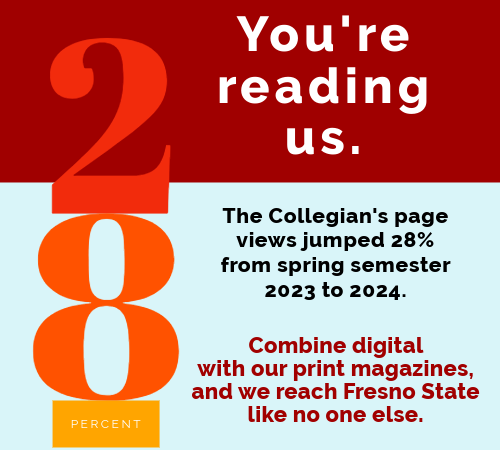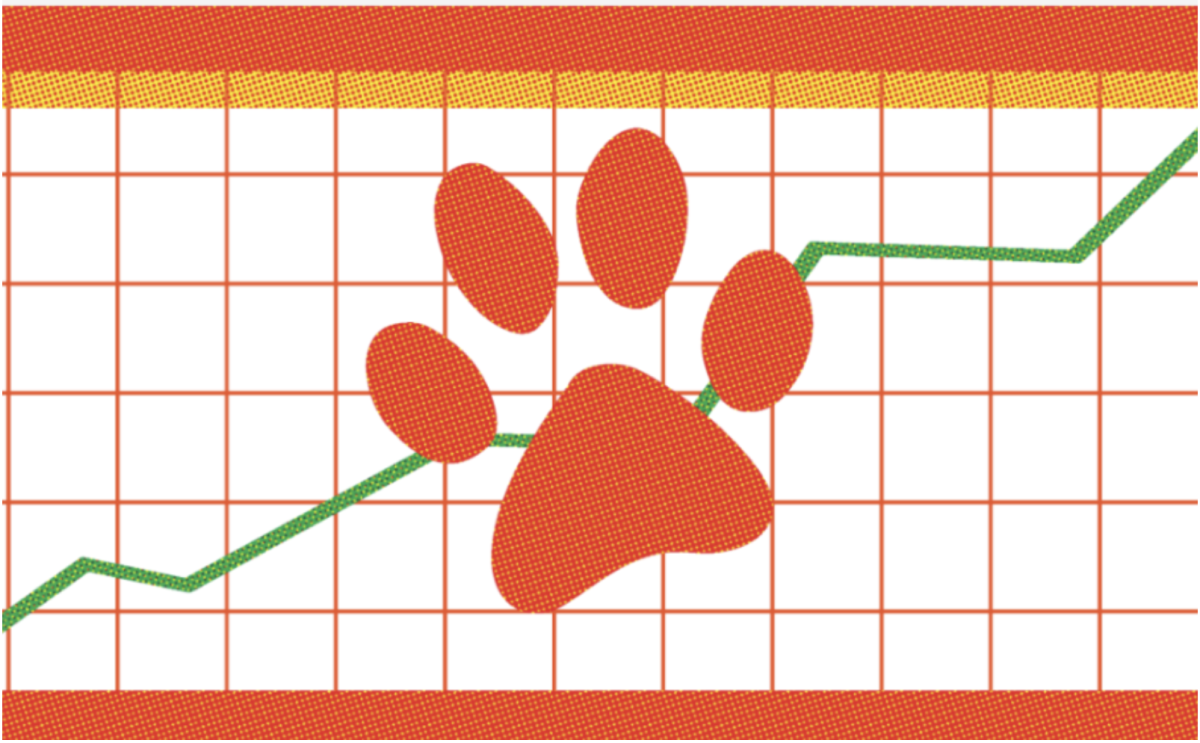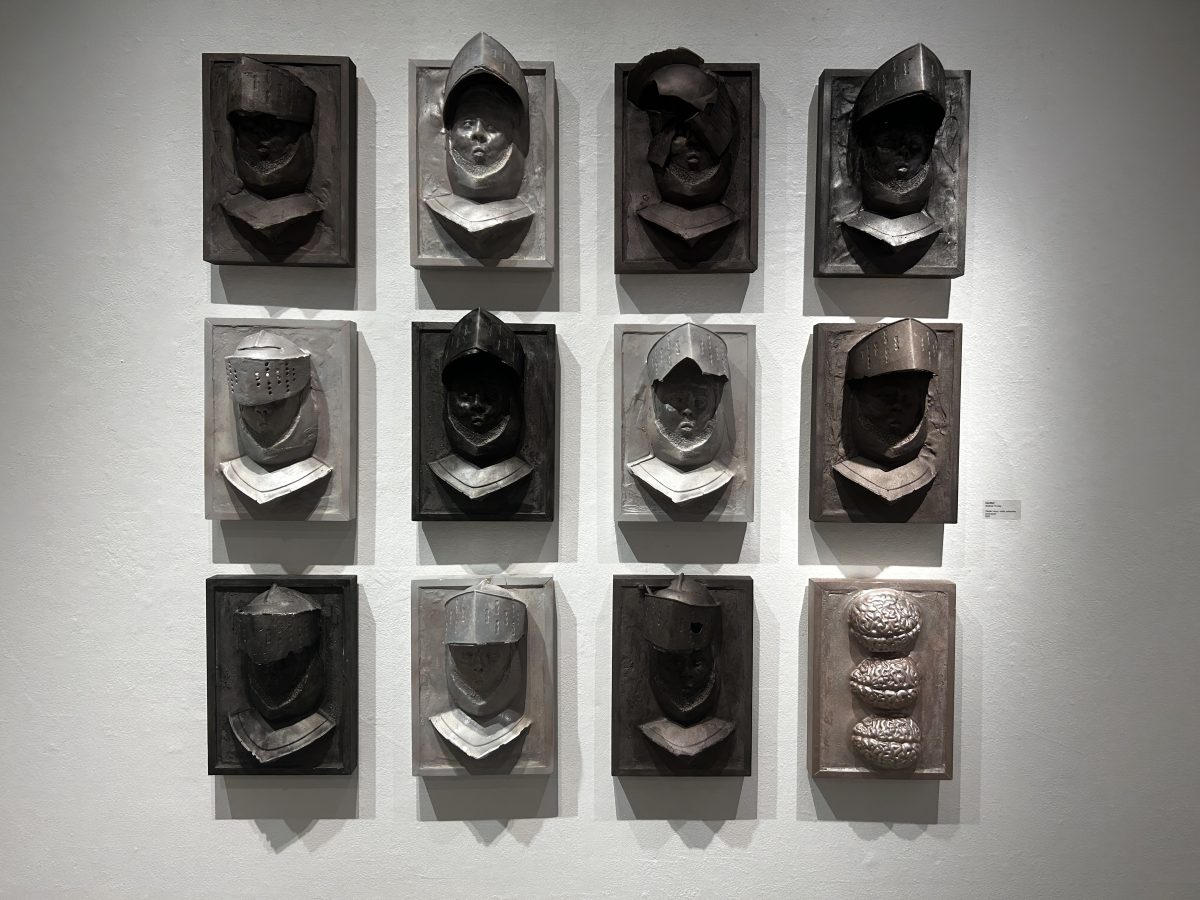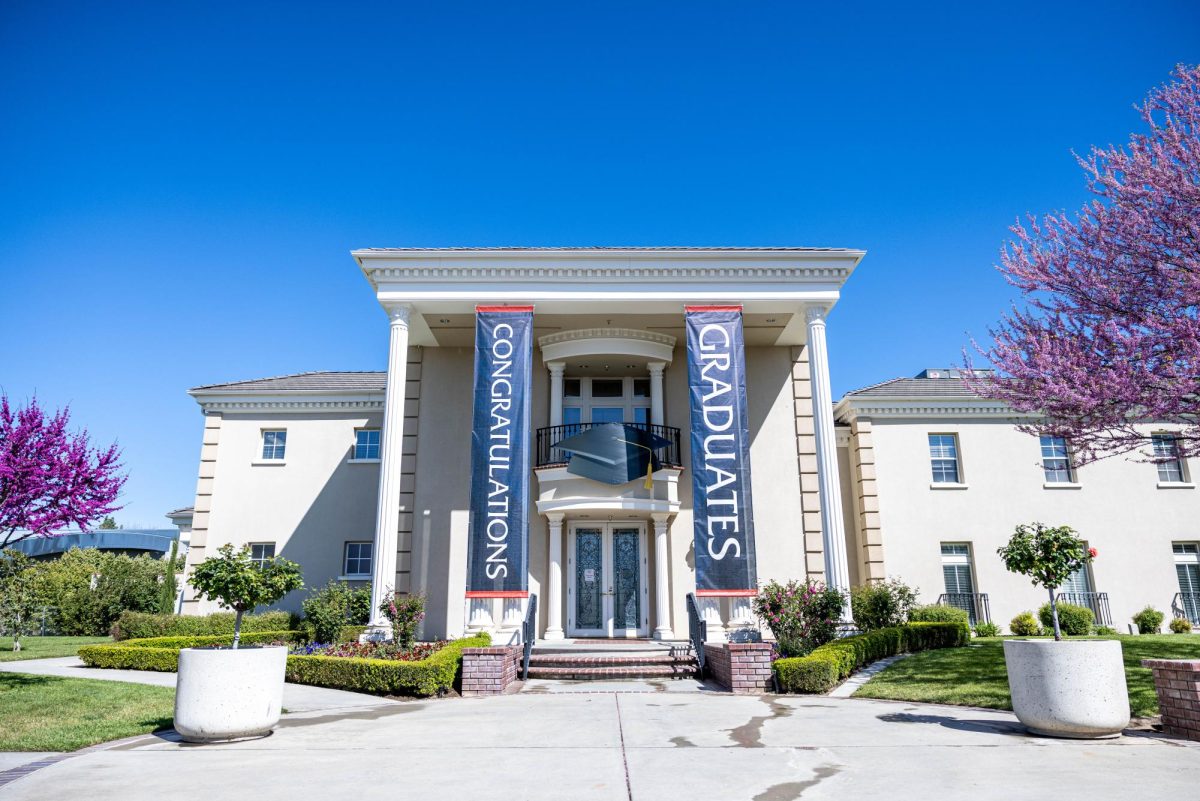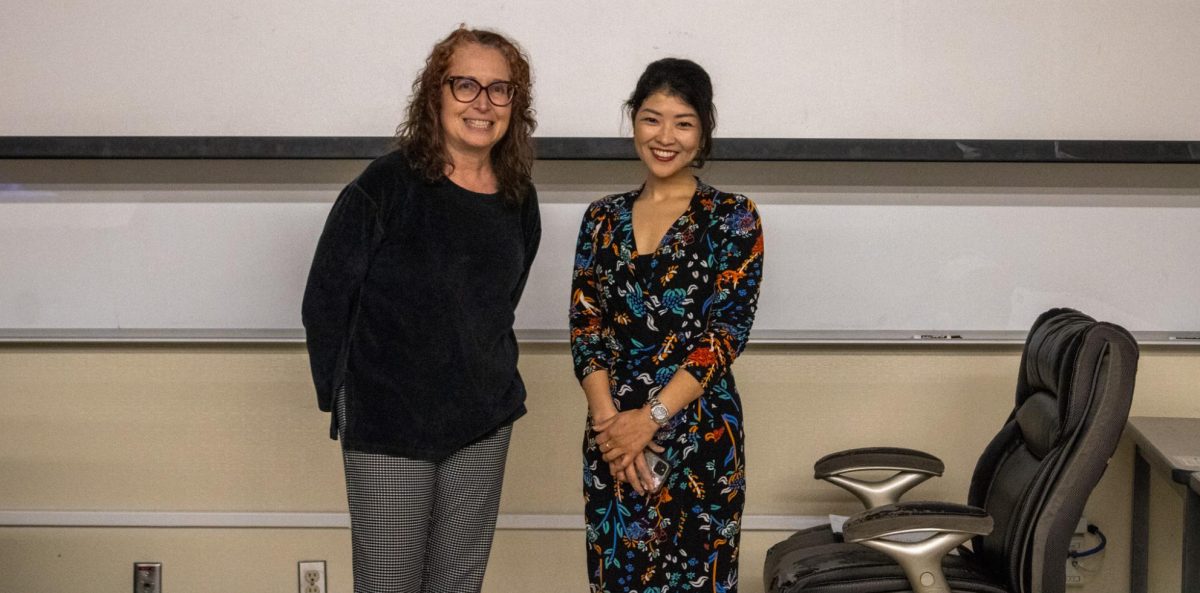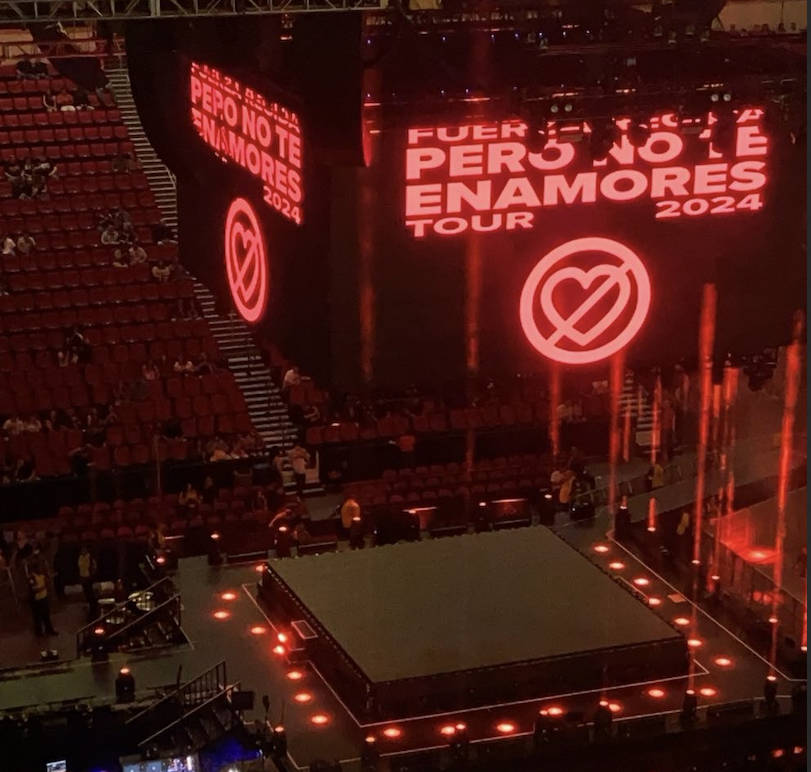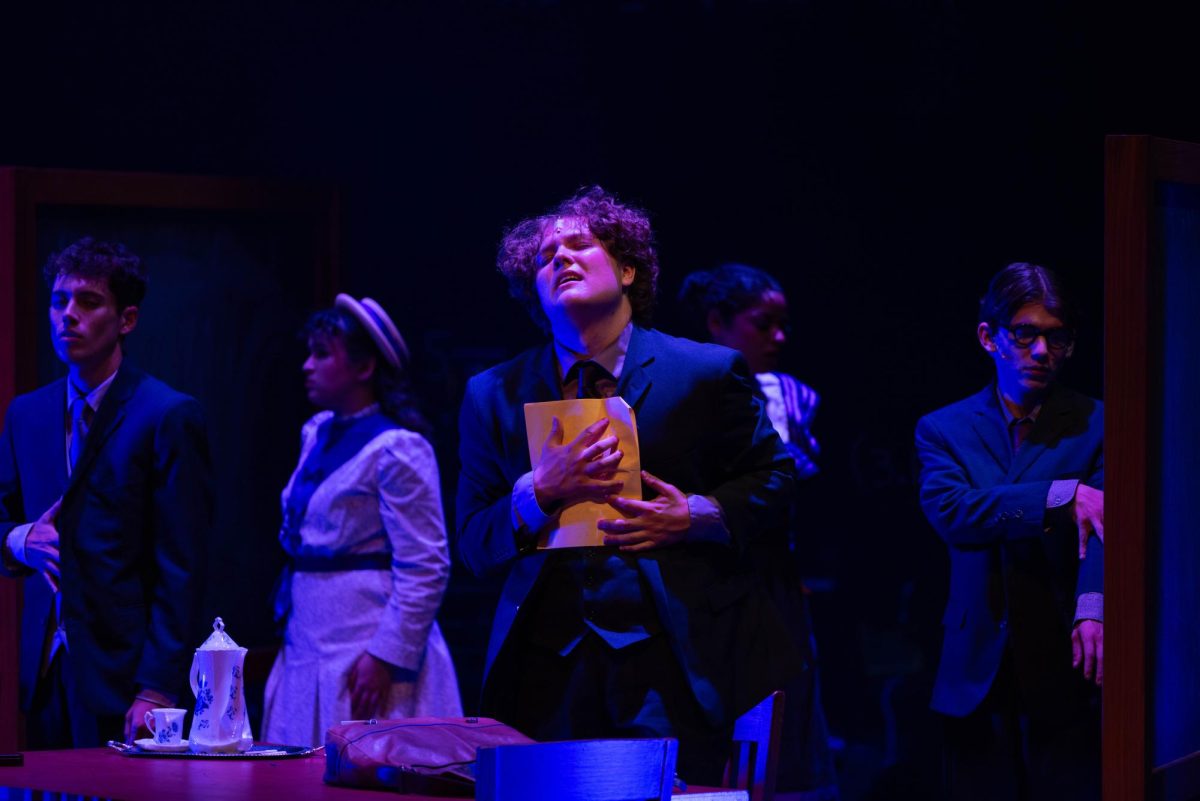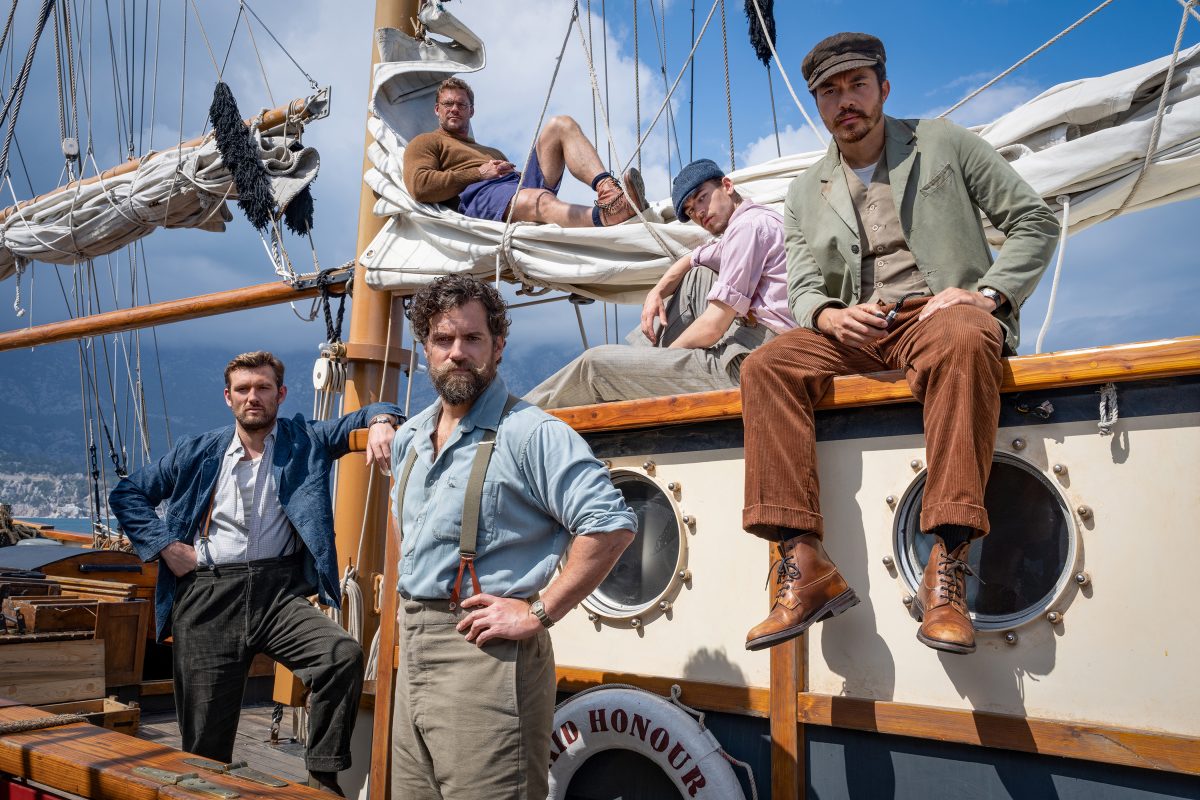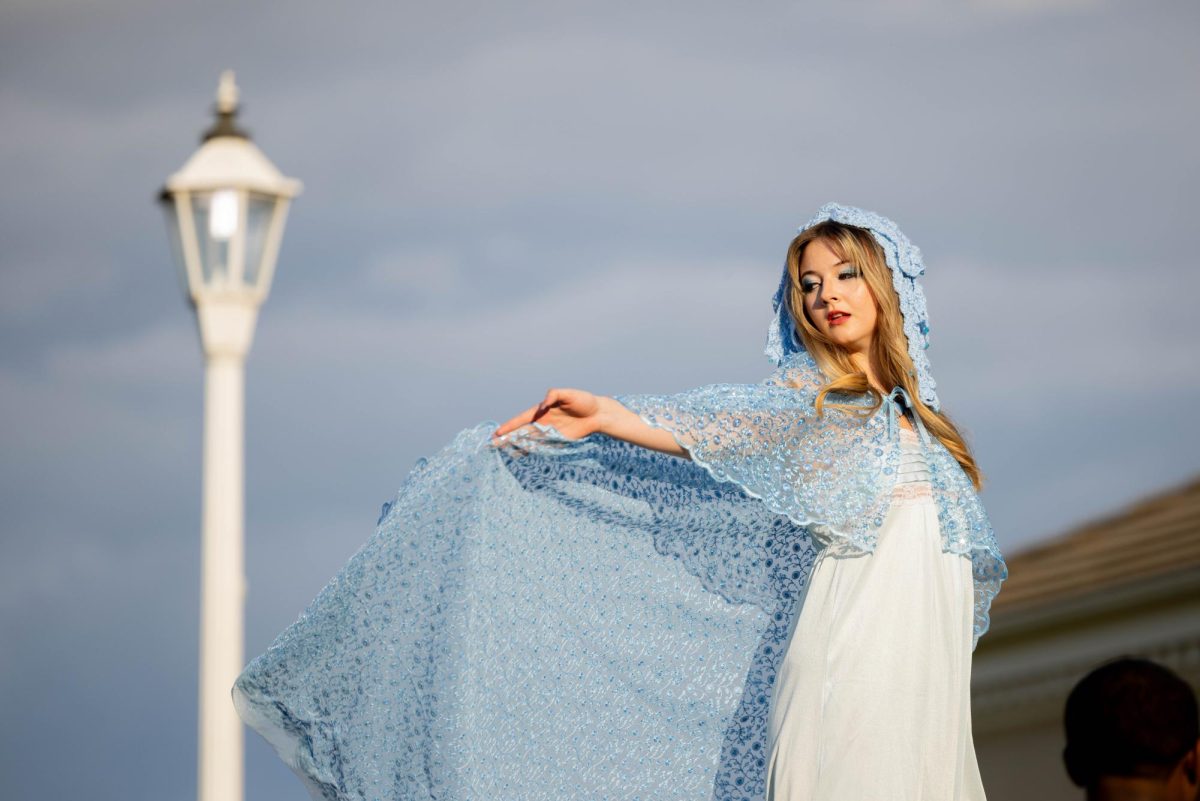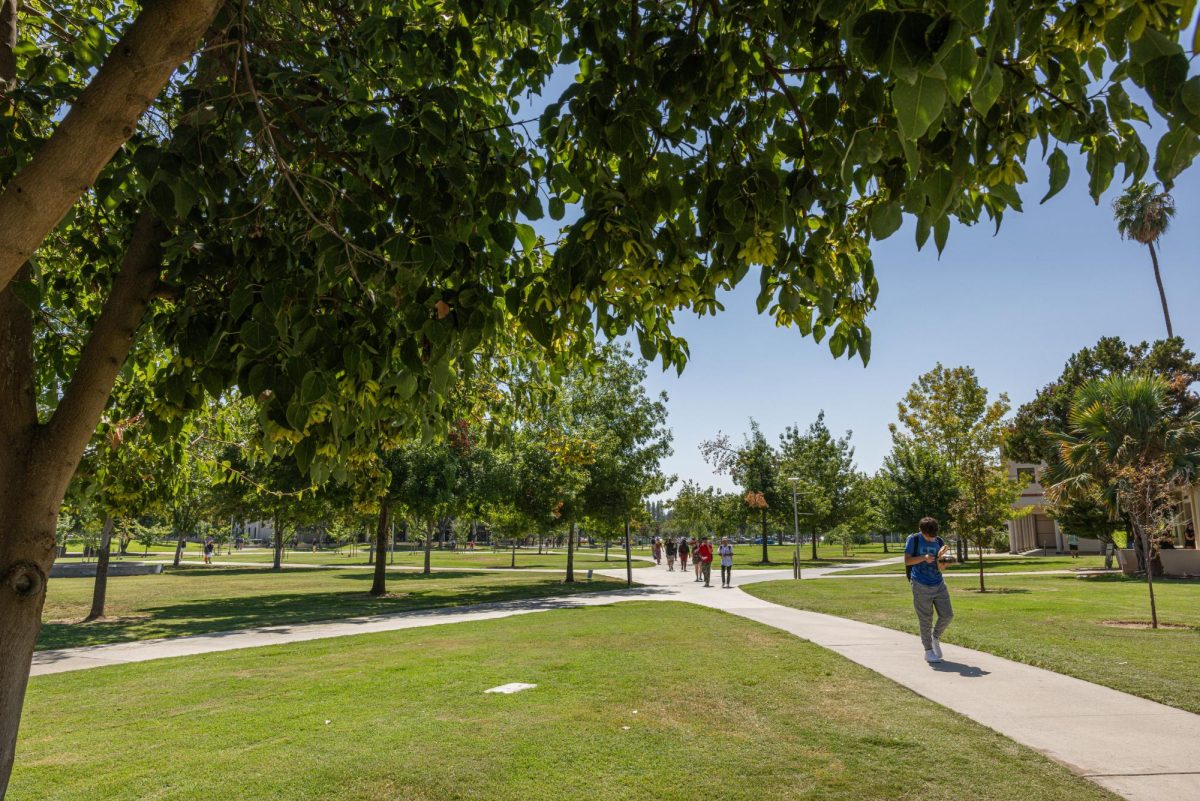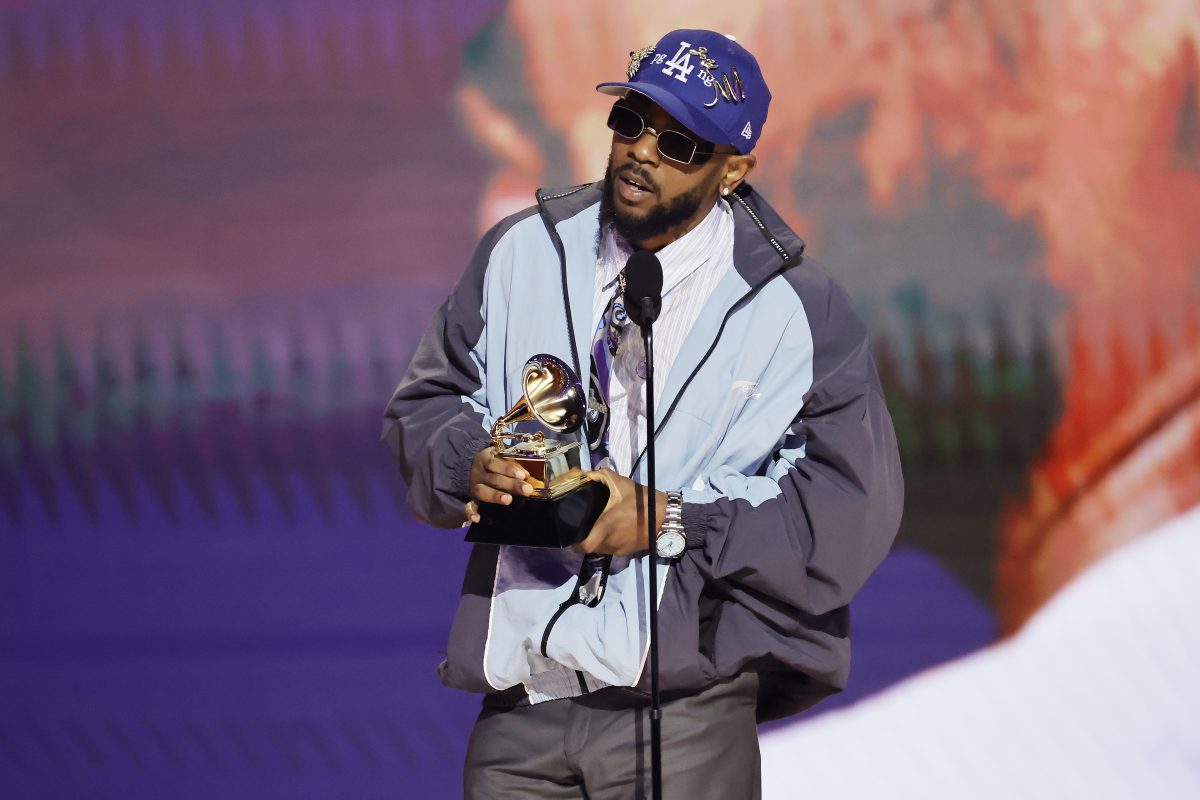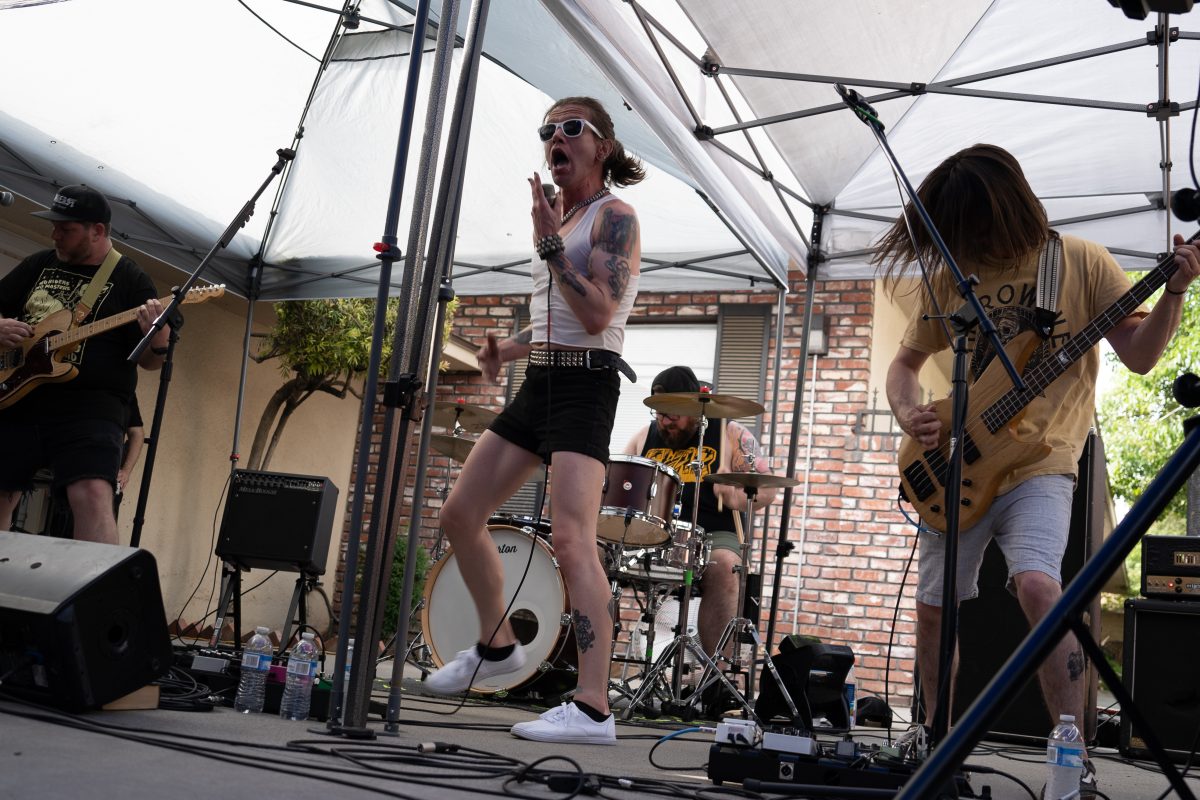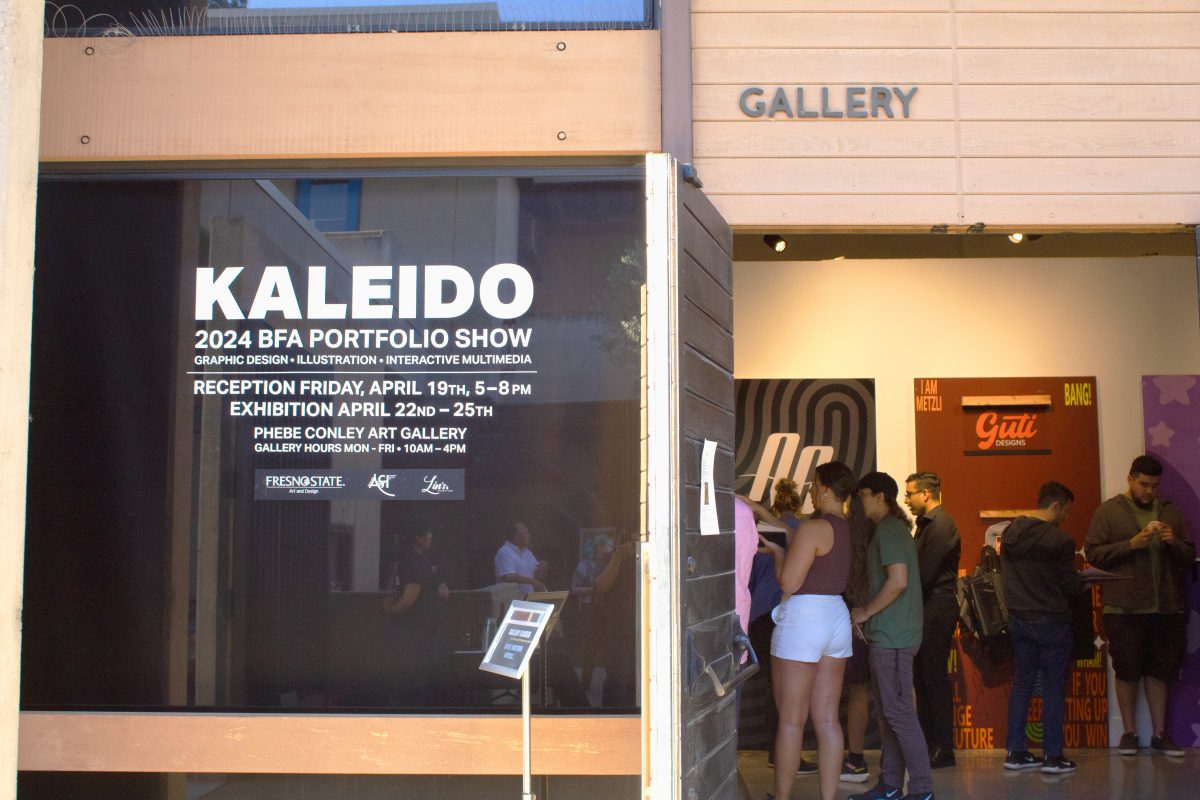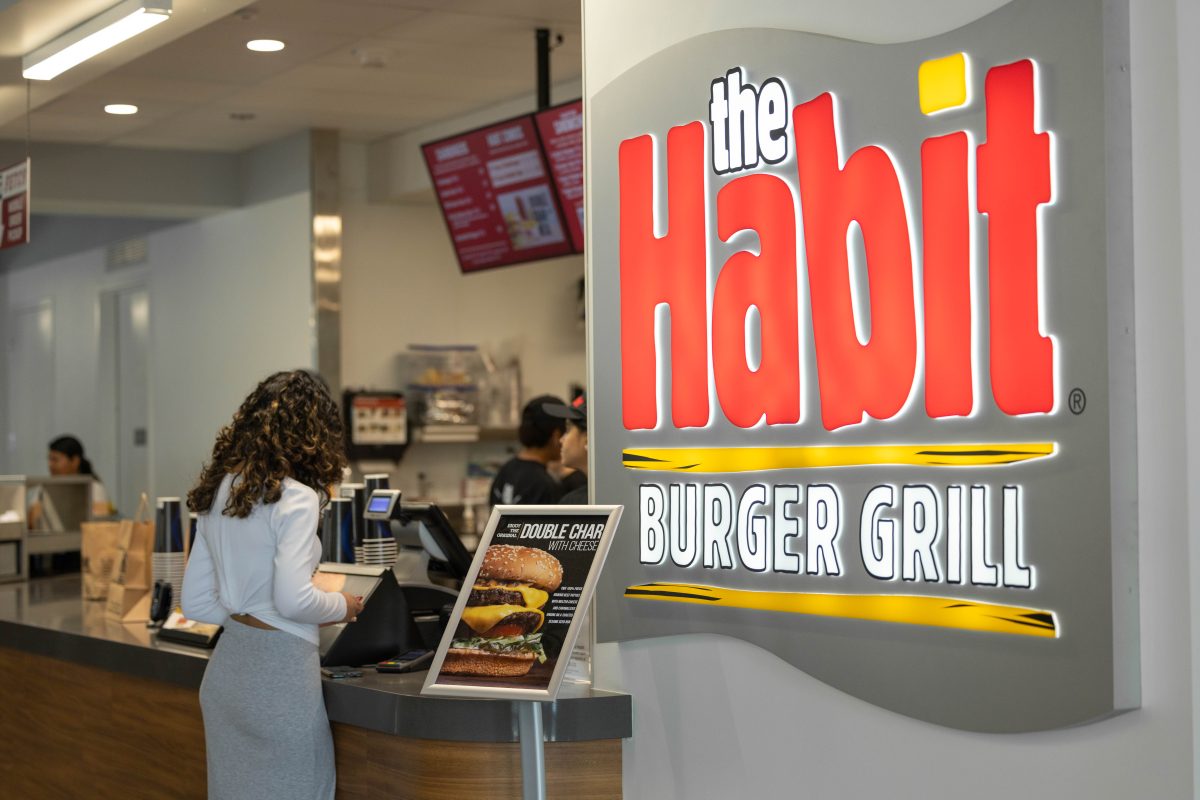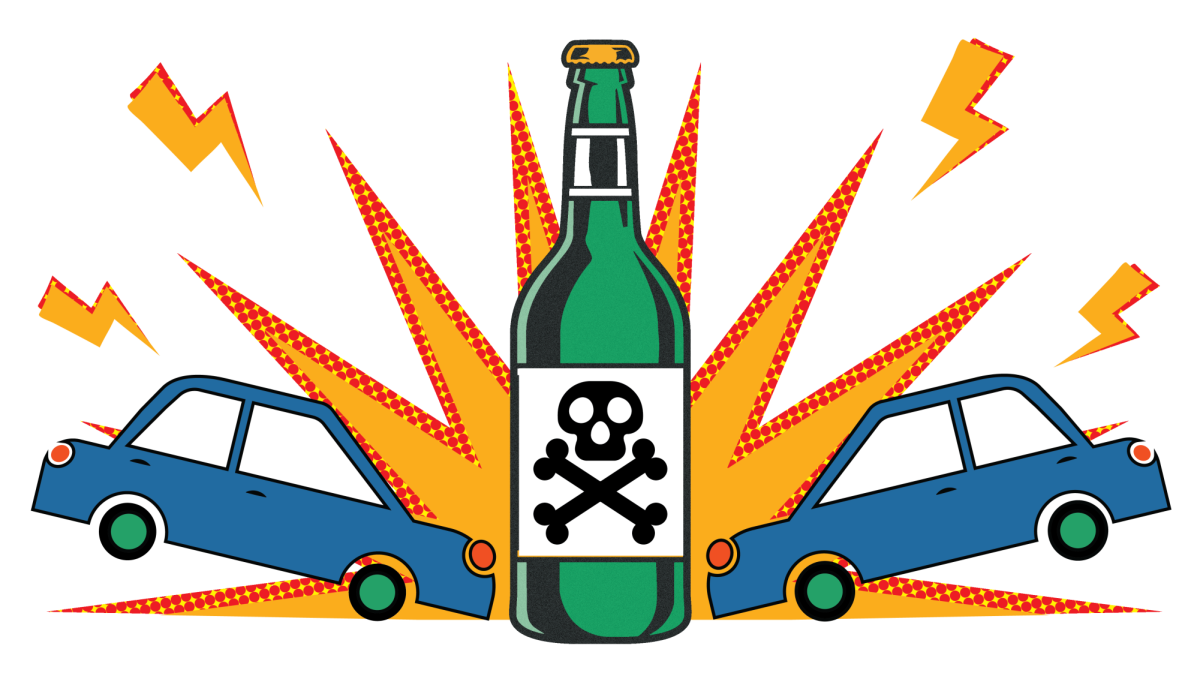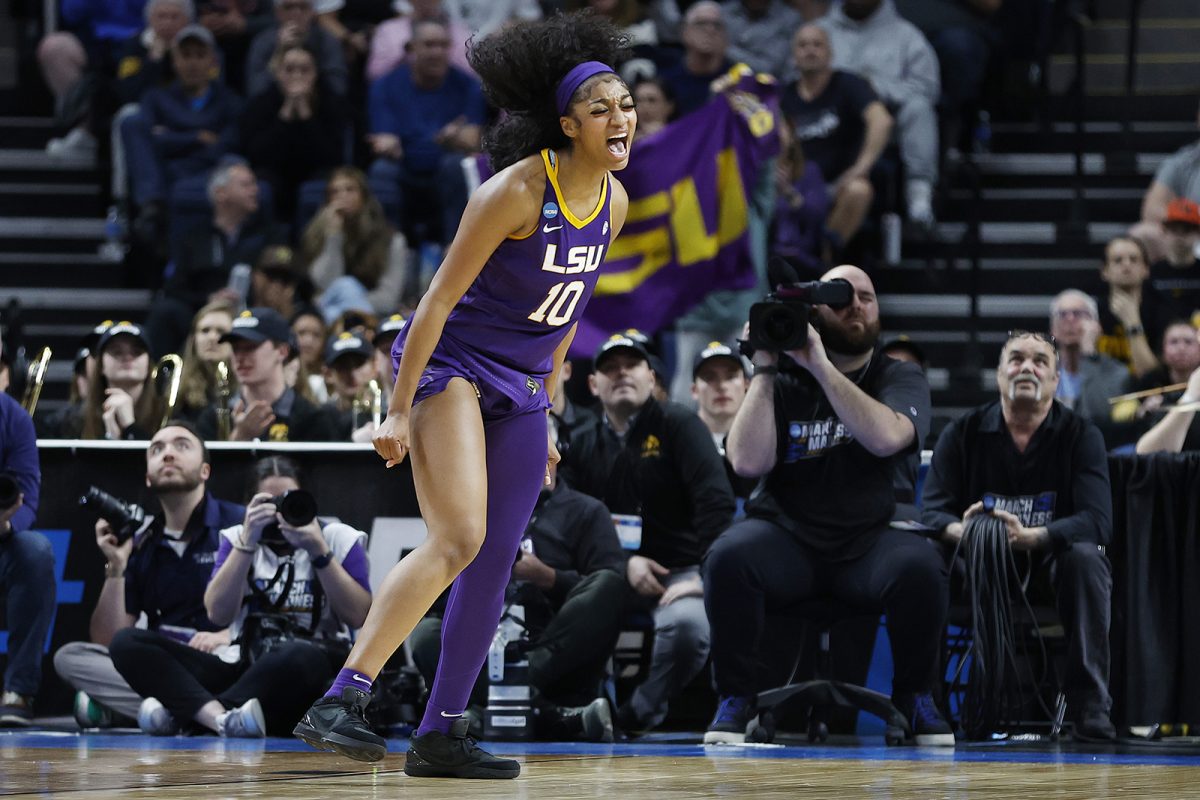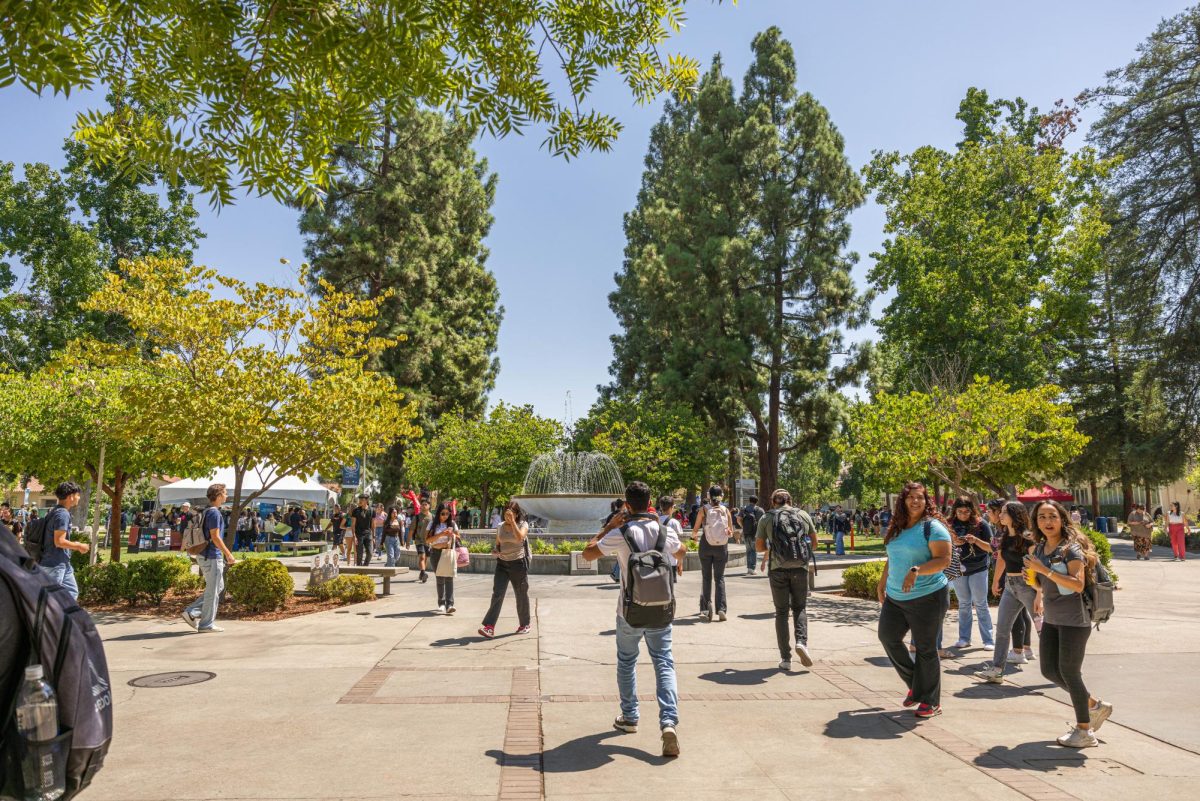“Turning Point: The Bomb and The Cold War” is a nine-part Netflix documentary that explores the aftermath of the atomic bomb in Hiroshima and Nagasaki and the effects on the survivors during the Cold War.
The documentary was released on March 12, and was featured as one of the Top 10 Netflix series in the U.S.
Fresno State professors Hanayo Oya and Lori Clune are featured in the documentary. Oya was a producer for the series, and Clune was an interviewee. Both share the impacts of the atomic bomb and the Cold War in their own words based on their levels of expertise.
Professor Hanayo Oya
Oya, assistant professor in the Media, Communications and Journalism Department, is an award-winning journalist and documentary filmmaker who helped produce the series.
The atomic bombings and its history have been covered since the tragedy struck. However, the angle of reporting on the survivors and the aftermath is not something that is usually tackled.
The documentary took two years of hard work, shooting, researching and editing to be completed.
Oya and the executive team gathered over 100 interviews for the documentary, ranging from survivors to world leaders. To manage the workload, the team was split into small groups.
Oya and her team did field productions for 10 days and made transcripts of all 100 interviews.
As the co-producer, Oya was responsible for field-producing material, leading to some co-production in Japan during summer 2022.
“I joined this project in June 2022,” Oya said. “I did some production in Japan in August 2022, and we did some filming in Hiroshima for about five days, and then we moved to Tokyo for five days.”
The documentary covers 70 years of history, exploring the different sides of the Cold War and the atomic bomb.
“That 70 years was catastrophic, so cobbling that whole period into nine episodes is pretty challenging,” Oya said. “It’s very ambitious, but at the same time very challenging too because we didn’t want to miss any important elements. But at the same time, we have to simplify as much as possible so that the audience can follow the story as well.”
The Media, Communications and Journalism Department hosted a premiere screening on the same day the show aired to allow the Fresno State community to hear from both Oya and Clune after the screening.
“To see my colleagues and students that came to watch and to show my documentary, I was sitting in the front row looking back and I could hear their gasps,” Oya said. “Them getting angry, emotional, I thought, ‘Oh my goodness. I can’t believe what I’m seeing here.’”
Oya highlights a special moment in the docuseries when the director asks one of the survivors about the atomic bomb while standing at “ground zero,” the area in which the event of the atomic bomb happened. The survivor explains that there are no remains of people who died. They just became ashes and “disappeared.”
“It was really, really sad,” Oya said. “My purpose was delivering the story from those who suffered the most. I’ve always wanted to tell the story of the survivors, especially now that in the U.S., the perspectives have not been taught as much.”
Some of the many burdens that survivors are faced with is the struggle of losing family and friends.
“They don’t even know where their family died because it was so instant,” Oya said.
Oya told The Collegian how close the history of the atomic bomb was to her and her family. Oya’s grandmother was originally from Hiroshima and believed it was a safe space for her to live. After moving back to the U.S, one week later, the atomic bomb was dropped on Hiroshima.
“I always wondered, “What if she stayed there?,” Oya said.
Professor Lori Clune
Clune, a history professor at Fresno State, was also a part of the making of “Turning Point: The Bomb and The Cold War.” She is featured in episodes two and three as an interviewee and research expert on the history of the Cold War.
From teaching history classes during the week on campus to being flown to Los Angeles to star in a documentary, Clune said she saw the endeavor as a challenge.
One of the producers of the series called Clune in September 2022 and asked to fly her to LA to interview her about the Cold War and the research she has done.
Clune’s background in teaching has allowed her the skills to clearly and concisely relay information compellingly. Along with Oya, her teaching backgrounds is a strong addition to the making of the documentary.
Clune said she was interviewed on camera for four and a half hours, with one five-minute break.
Clune is the author of “Executing the Rosenbergs: Death and Diplomacy in a Cold War World,” so prior to the interview she did research to prepare.
In June 1953, Julius and Ethel Rosenberg were executed for conspiracy to commit espionage. As members of the communist party, the Rosenbergs were convicted of passing secret information about the atomic bomb to the Soviet Union in 1945.
In preparation for her long interview, Clune read portions of her own book to refresh her memory about details of the conspiracy, knowing that she could add to the interviewing of the younger Rosenberg son, Robert.
“I knew the younger son was being interviewed, so I tried to focus on information I could add as a scholar of the case,” Clune said.
During the making of the documentary, Clune became friends with the older Rosenberg son, Michael.
Clune compared teaching techniques to entertainment. She said she enjoyed the challenge of remaining calm and informative for a much larger audience than she is used to.
Since the premiere of the documentary, Clune said she has received multiple emails from across the country and around the globe commending her for her research.
“Being part of a documentary is like teaching, but on a grand scale,” Clune said. “Since the world premiere in March 2024, I have received emails from across the country and a few from overseas, commenting on how they appreciated the research that I shared and the story I told. It is exciting to be a part of such a large, powerful project.”
“Turning Point: The Bomb and The Cold War” is available to watch on Netflix.




